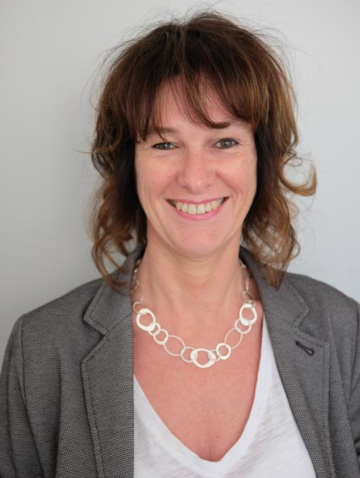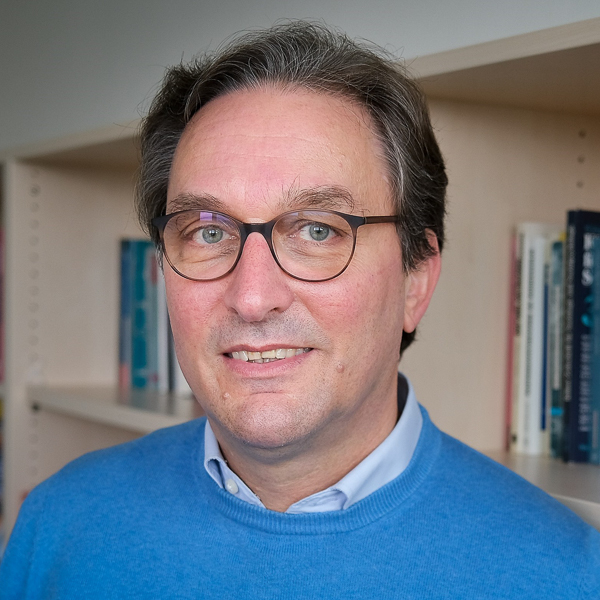German Research Foundation (DFG)
The German Research Foundation (DFG) is the self-governing organization of science in Germany. It promotes and finances research projects by scientists at universities and research institutes of all disciplines.
Within the framework of individual funding, doctoral researchers can submit applications for funding for thematic and temporary projects, including funding for their own position. The coordinated programs serve to fund collaborative projects such as research groups, Collaborative Research Centers or Research Training Groups. In addition, there are programs to support young scientists. An overview of all DFG funding programs can be found here.
The Research Support Office offers you optimal service for all your application needs. We are happy to read your draft proposal, provide feedback and useful tips on how to optimize it, and help you with your financial calculations. Take advantage of this service and let us advise you in person, by e-mail or by telephone.
Please note:
The University of Siegen has a fixed schedule for the application in DFG programs. You can find this schedule along with additional information about the review and consulation with the Research Center in the documents below.
Individual Grants
Individual Research Grant, First-Time Application and Temporary Positions as a Principal Investigator
The DFG offers a suitable funding program for post-doc researchers at all career levels. An innovative project idea is always important. You can apply for funding for your research project as an individual research grant – with the option of funding your own position – or use funding instruments that, in addition to project funding, are particularly aimed at further developing your scientific career.
An Individual Research Grant for the implementation of an individual, thematically and temporally limited research project can be applied for at any time by all people with a doctorate, regardless of the topic. Applications for the promotion of a project submitted to the DFG by first-time applicants are flagged for special treatment. With this possibility of identifying a first application for project funding, the DFG intends to encourage young scientists to obtain their first third-party funding. The labeling as the initial application refers solely to the individual aid / research grant. In many cases, the initial application at the DFG is also combined with the acquisition of one’s own position. The module “Temporary Positions as a Principal Investigator” provides opportunity to apply for the funding of your own position from within the DFG research grant program.
Note: An application for your own position must be submitted to the Research Support Office before it is submitted for review, as this requires a legally binding signed employer declaration. When applying for this module, please note the internal application procedures.
Weiterführende DFG Informationen zur Sachbeihilfe:
- Forms and Guidelines
- Principles of DFG Funding
- Individual Grants Programme – A How-To Guide
- Tips for your proposal
- DFG Personnel Rates
- Employer Declaration (Arbeitgebererklärung)
- Note on the payment of doctoral candidates
- Guidelines for Publication Lists
- Handling of Research Data
- Relevance of Sex, Gender and Diversity in Research
- Open Access
- Internal Procedures
Walter Benjamin-Program
The Walter Benjamin program is aimed at researchers in the postdoctoral training phase and supports scientists to independently implement their own research project at the location of their choice. The focus is on personal career support and the scientific potential of the applicants. The Walter Benjamin program is a mobility program, where “mobility” means a change to a new research environment, which usually associated with the change of facility. The two available modules are: 1. Module Walter Benjamin Job (Germany) and 2. Module Walter Benjamin Scholarship (abroad). These modules can also be combined.
Tip: Please inform the Research Service ahead of time and take advantage of the councelling! We would be happy to support you with the application.
Note: An application in the Walter Benjamin program must be submitted to the Research Service for review before submission. When applying, please note the internal procedures for submitting an application.
Emmy Noether-Program
The Emmy Noether Program gives outstanding young scientists the opportunity to quickly qualify for a scientific leadership task, especially as a university lecturer, through the independent management of a junior research group combined with qualification-specific teaching assignments.
Tip: Please inform the Research Service ahead of time and take advantage of the councelling! We would be happy to support you with the application.
Note: An application in the Walter Benjamin program must be submitted to the Research Service for review before submission. When applying, please note the internal procedures for submitting an application.
Heisenberg-Program
The Heisenberg program is primarily aimed at scientists who have gained their employability through the Emmy Noether program, DFG project sites, research activities in the business world, or academic mid-sized business. The Heisenberg Program is divided into two funding strands: the Heisenberg Fellowship and the Heisenberg Professorship.
Coordinated Programs
Collaborative Research Centers (CRC) / Transregios (TRR)
Collaborative Research Centers are long-term, location-based, interdisciplinary research facilities of the universities, which have a structural and profiling effect. Prerequisites for a CRC / TRR are: high scientific quality and originality of the subprojects at an internationally competitive level, innovative, demanding, elaborate, and long-term research programs, coherent networking of the subprojects and an adequate staff and basic equipment, on the part of the applicant institution.
GRK – Research Training Groups
Research Training Groups are bodies of institutions of higher education for the promotion of young scientists. The focus is on the qualification of doctoral students within the framework of a thematically focused interdisciplinary research program, as well as a structured qualification concept.
FOR – Research Units
A research unit is a tight work alliance of several outstanding scientists working together on a research task. Thus, the research project in this context by far exceeds the financial possibilities found within the framework of individual funding, both of the normal or focus procedure.
Scientific Infrastructure
Large Appliance Funding for Research (Art. 91 b GG)
The Deutsche Forschungsgemeinschaft (DFG) can promote research grants at universities within the framework of the “Major Research Instrumentation” funding program in accordance with Art.91b GG, in co-funding with the respective head office. The investment projects for university research must be characterized by outstanding scientific quality and national significance. The devices have to be used mainly for research, that is, the need for their procurement and use must be based solely on the use in research. To proceed with an application, please contact the Research Support Office early in the application procedure. The signing of the contract is coordinated by Dr. Susanne Pütz at the Research Service and Detlef Dellwig from the procurement of the University of Siegen
Large Appliance Fuding of the federal states
The financing of large appliances in the federal states is carried out proportionally by the state of NRW (90%) and the university (10%). The equipment can be intended for use in research, training and teaching as well as in health care. The scientific evaluation procedure is carried out by the DFG. In order to coordinate the application process, please contact the Research Service at an early stage.
Scientific literature supply and information systems (LIS)
The DFG supports projects at scientific institutions, in particular service and information facilities in Germany. The funding goal is to develop efficient information systems for research from a nationwide perspective. Since the submission of applications in these programmes is associated with a contribution from the university itself and a commitment to sustainability, the early involvement of the Research Service is mandatory.
Contact
Individual Grants, Large Appliance Funding

Dr. Nadine Hoffmann
Telefon: +49 271/740-5077
E-Mail: nadine.hoffmann@uni-siegen.de
Coordinated Programs

Dr. Susanne Pütz
Telefon: +49 271/740-4944
E-Mail: susanne.puetz@zv.uni-siegen.de
DFG liaison officer
The liaison officer must be informed about the submission of DFG projects.

Prof. Dr. Christian Lahusen
Telefon: +49 271 / 740 – 3296
E-Mail: lahusen@soziologie.uni-siegen.de

